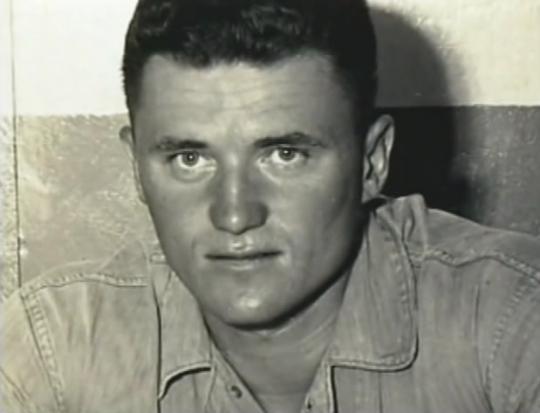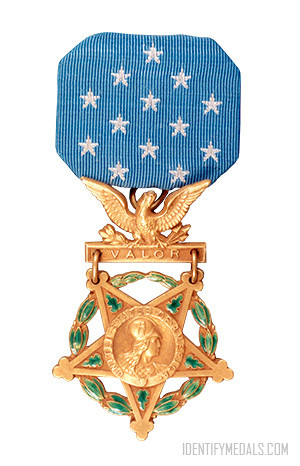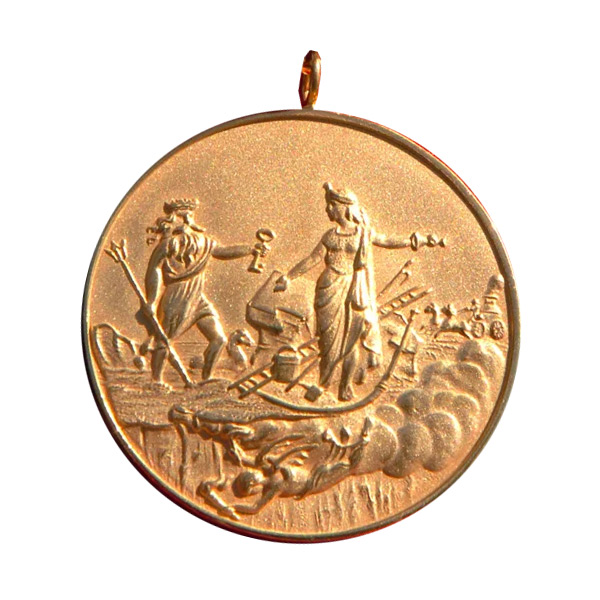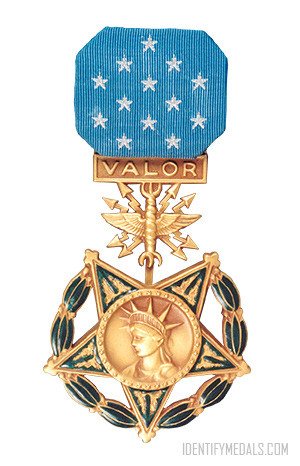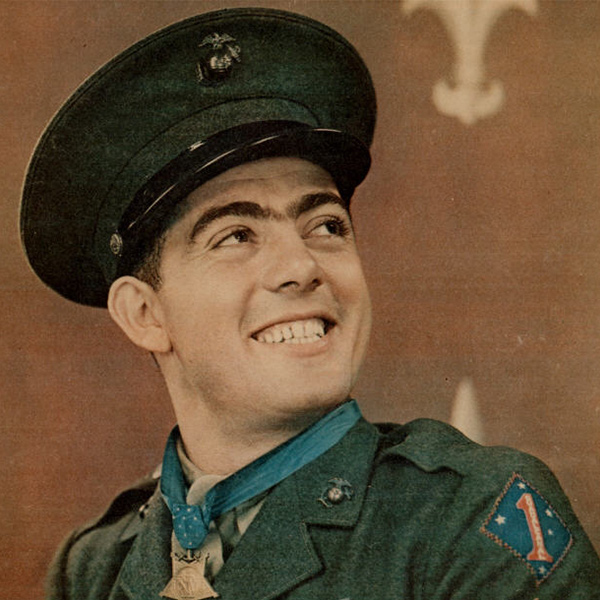Not many individuals have the ability to say that they held almost every rank—both enlisted and officer—in a particular branch in the military, but Wesley Fox could until his death in 2017. Fox enlisted in the Marine Corps in 1950 and served for 43 years until mandatory retirement at age 62, holding every rank from private to colonel.
Who Was Wesley Fox?
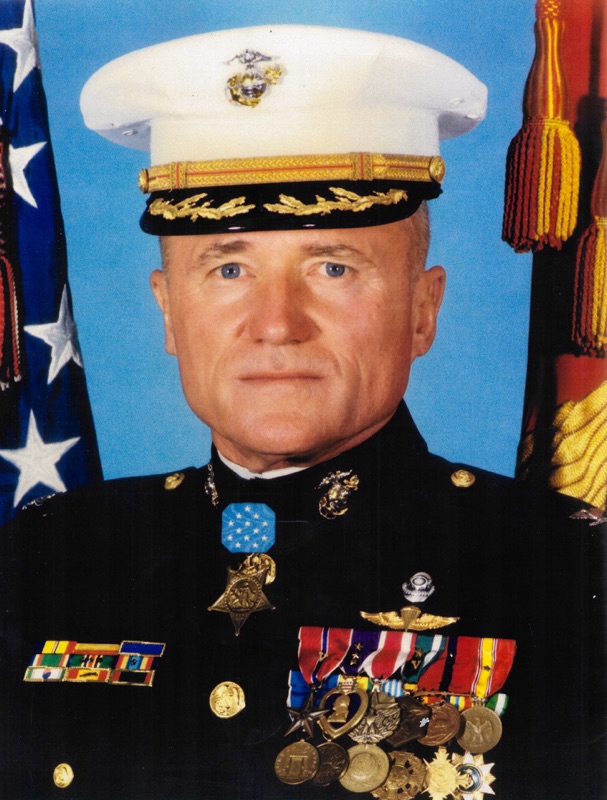
Born on September 30, 1931 in rural northern Virginia near Herdon, Virginia, Fox watched his older cousins leave to fight in World War II and planned to join the military. In 1950 at the start of the Korean War, Fox enlisted in the Marine Corps.
Fox began as a private and deployed to Korea in January 1951. In March 1951, he was promoted to corporal. Wounded in action on September 8, 1951, Fox would receive the Bronze Star with Combat “V” while hospitalized at the National Naval Medical Center in Bethesda, Maryland. Then, in the following 16 years, Fox worked through all of the enlisted ranks all the way up to first sergeant, which he reached in 1966.
While some individuals would work their way through the enlisted ranks until they could retire, Fox wanted to continue his Marine Corps career and decided to start all over as an officer. He was commissioned as a lowly second lieutenant in 1966 and made his way up to colonel before his retirement in 1993.
Wesley Fox and the Marine Corps
Although the fact that Fox held almost every single rank in the Marine Corps is impressive, he also has another distinction: he was awarded the Medal of Honor for his actions in the Vietnam War.
Serving in his second war in Vietnam, Fox was the first lieutenant of Alpha Company, part of the 1st Battalion, 9th Marines (1/9), known as the “Walking Dead” due to the extensive casualties the battalion suffered.
When Fox led Alpha Company of the “Walking Dead” battalion, he was serving his second tour of duty in the Vietnam War during Operation Dewey Canyon. His company would suffer 75 percent casualties during the course of the three-month operation, including Fox himself.
On February 22, 1969, which Fox described as a rainy, miserable, and cloudy day, Alpha Company came under intense gunfire from the North Vietnamese in the jungle of the northern A Shau Valley. Although Fox was supposed to have 240 men in his rifle company, he had fewer than 90 Marines left due to a variety of skirmishes over several weeks.
Fox became aware that that the remaining men in the company wouldn’t be able to move the wounded and retreat, so he decided to engage the much larger and well-concealed group of North Vietnamese Army regulars. Fox described in an interview with the Veterans History Project that he looked his Marines in the eyeballs and said, “This is what we do.”
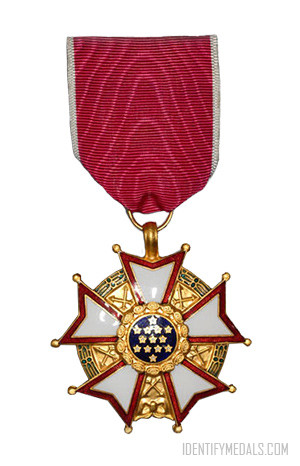
The Legion of Merit
The Legion of Merit is a military award of the United States Armed Forces for exceptionally meritorious conduct and outstanding services.
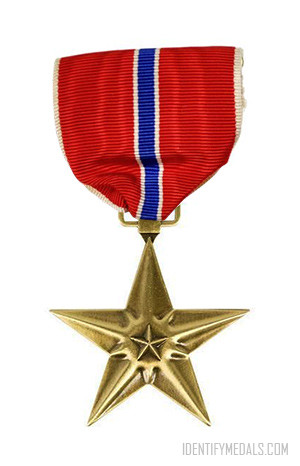
The Bronze Star Medal
The Bronze Star Medal (also known as Bronze Star) is a United States decoration awarded for heroic achievement or service in a combat zone.
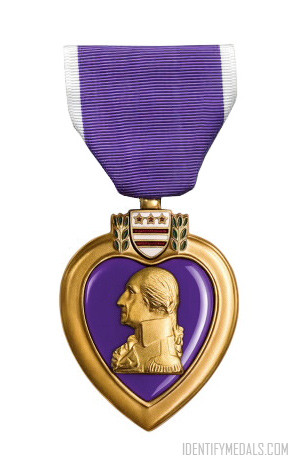
The Purple Heart
The Purple Heart is a military decoration from the United States awarded to those wounded or killed while serving with the U.S. military.
Even though some of the Marines may not have wanted to assault a larger force, they did because their commander had wanted them to. As Fox noted, “[U]ntil somebody told ‘em something clearly, differently, a Marine isn’t going to lose his focus. I had some great Marines.”
Even though Fox was wounded from severe injuries to his shoulder due to shrapnel, he refused medical attention and successfully directed the attack against the North Vietnamese. At one point, Fox even took out an NVA sniper that had killed the Marine in front of him by grabbing the dead man’s gun and taking out the sniper.
When the clouds parted in the afternoon, Fox coordinated air support in order to annihilate a machine-gun nest that was blocking the U.S. advance. This action prompted the group of NVA regulars to begin its retreat. Fox continued to refuse immediate medical treatment for his injuries in order to supervise the safe medical evacuation of the wounded and deceased Marines.
Later, Fox said that 11 of his Marines died on February 22, but to his men’s credit, he counted 105 enemy dead. In light of Fox’s exceptional leadership of his Marines despite his own wounds, President Richard Nixon presented the Medal of Honor, the U.S. military’s highest award for military heroism and valor, to Fox and six other soldiers in a group ceremony at the White House on March 2, 1971. By the time Fox received the medal, he had risen to the rank of captain.
Wesley Fox's Medal of Honor
Medal of Honor Citation
For conspicuous gallantry and intrepidity at the risk of his life above and beyond the call of duty while serving as commanding officer of Company A, in action against the enemy in the northern A Shau Valley. Capt. (then 1st Lt.) Fox’s company came under intense fire from a large well-concealed enemy force. Capt. Fox maneuvered to a position from which he could assess the situation and confer with his platoon leaders. As they departed to execute the plan he had devised, the enemy attacked and Capt. Fox was wounded along with all of the other members of the command group, except the executive officer.
Capt. Fox continued to direct the activity of his company. Advancing through heavy enemy fire, he personally neutralized one enemy position and calmly ordered an assault against the hostile emplacements. He then moved through the hazardous area, coordinating aircraft support with the activities of his men. When his executive officer was mortally wounded, Capt. Fox reorganized the company and directed the fire of his men as they hurled grenades against the enemy and drove the hostile forces into retreat. Wounded again in the final assault, Capt. Fox refused medical attention, established a defensive posture and supervised the preparation of casualties for medical evacuation.
His indomitable courage, inspiring initiative and unwavering devotion to duty in the face of grave personal danger inspired his Marines to such aggressive action that they overcame all enemy resistance and destroyed a large bunker complex. Capt. Fox’s heroic actions reflect great credit upon himself and the Marine Corps and uphold the highest traditions of the U.S. Naval Service.
Fox would continue to serve in the Marine Corps for another 22 years after receiving the Medal of Honor. His final active-duty assignment was serving as the commanding officer of Officer Candidates School in Quantico, Virginia. After he hit the mandatory retirement age of 62 in 1993, Fox spent eight years as a deputy commandant of cadets for the Virginia Tech Corps of Cadets in Blacksburg, Virginia.
In the years following his retirement, he continued to speak about his time in the military to students and civic leaders. Marine Corps life was the perfect fit for Fox, who told the Veterans History Project that he did not have any regrets about becoming a Marine.
To make his point, Fox noted that during his first four years as a Marine, he didn’t have any civilian clothes. He did everything in a Marine uniform. As Fox remembered, “I’d go home on leave, working in the hay fields or whatever, I wore my Marine utilities. Go in town to see the movies, I wore Marine dress.”
Unlike others who loathe to talk about receiving the Medal of Honor, Fox said that he was proud to wear the Medal of Honor: “I’m pleased and proud to wear it for the Marine Corps and for what my Marines did on that particular fight.” Even so, he felt that others deserved the award, and he feels some emptiness that they did not also receive the award.
In addition to receiving the Medal of Honor, Fox also received two awards of the Legion of Merit, a Bronze Star with Combat V, four awards of the Purple Heart, the Armed Forces Honor Medal and 1st class from South Vietnam among numerous other commendations. After his service in Vietnam, Fox’s awards and decorations filled 7 rows on his uniform.
Once Fox retired from the Marine Corps and serving as a deputy commandant for the Virginia Tech Corps of Cadets, Fox wrote three books, Marine Rifleman (2002), his personal memoir; Courage and Fear: A Primer (2007); and Six Essential Elements of Leadership (2011).
When Fox died on November 24, 2017, the Marine Corps issued an announcement calling Fox a “legend” and a “true Marine’s Marine.” Their estimation is correct, as Fox embodied all of the values of the Corps from serving as almost every rank in the Marine Corps to receiving the Medal of Honor for his courageous actions in Vietnam.
Sources
- https://www.stripes.com/news/vietnam-war-medal-of-honor-recipient-wesley-fox-dies-at-86-1.499687
- https://www.washingtonpost.com/local/obituaries/wesley-fox-marine-who-received-medal-of-honor-for-vietnam-campaign-dies-at-86/2017/11/28/e5f9fa32-d462-11e7-a986-d0a9770d9a3e_story.html?utm_term=.852c6cf6b9cf
- http://www.pbs.org/weta/americanvalor/stories/fox.html
- https://www.usni.org/people/col-wesley-l-fox-usmc-ret
- https://www.marinecorpstimes.com/news/your-marine-corps/2018/04/17/vietnam-war-medal-of-honor-recipient-to-be-buried-at-arlington/
Guest Contributor: Rachel Basinger is a former history teacher turned freelance writer and editor. She loves studying military history, especially the World Wars, and of course military medals. She has authored three history books for young adults and transcribed interviews of World War II veterans. In her free time, Rachel is a voracious reader and is a runner who completed her first half marathon in May 2019.

